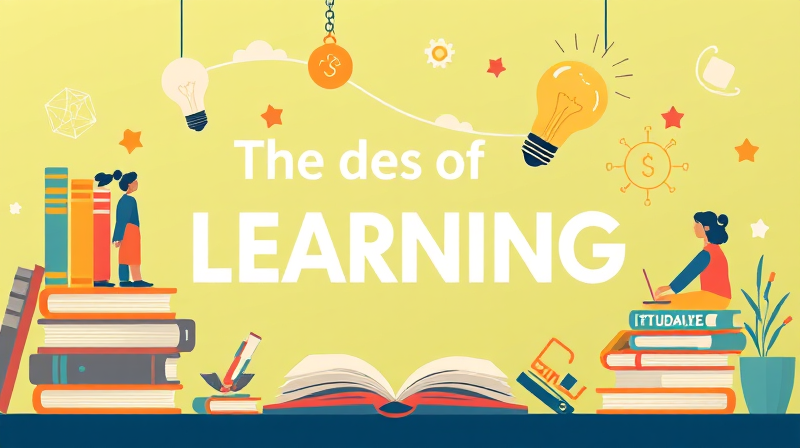In today’s digital age, using technology to enhance your study routine is not just an option—it is a necessity. With the right apps and software, you can streamline your study processes, improve retention, and boost overall academic performance. This article will inspire you to embrace digital transformation and show you practical ways to integrate these tools into your everyday learning routine.
Adopting digital tools may seem overwhelming at first, but starting with the basics can make a huge difference. The key is to begin with a small set of essential apps and gradually expand your toolset as you discover what works best for your unique study style.
Essential Tools for a Digital Study Routine
Effective studying relies on organization, focus, and strategic planning. With so many available options, choosing the right apps can significantly impact your performance.
Note-taking and organization are the bedrock of a solid study routine. Apps such as Microsoft OneNote, Apple Notes, and Notion offer robust features that allow you to capture ideas immediately, organize notes efficiently, and access your information anywhere. Their cloud syncing capabilities guarantee that you will never be without your study materials, regardless of the device you are using.
- Microsoft OneNote: A versatile and free app designed to keep your notes organized and synced across multiple platforms.
- Apple Notes: Perfect for Apple users who enjoy a seamless experience across all their devices.
- Notion: A flexible tool that allows you to create a personalized knowledge management system and collaborate with others.
Another critical aspect of studying is memorization. Using flashcards is a time-tested technique helped enormously by modern applications. Apps like Quizlet and Anki enable you to create custom flashcards, take practice tests, and use spaced repetition techniques to enhance your long-term memory.
- Quizlet: Offers personalized flashcard creation along with innovative features like AI-generated flashcards and practice tests.
- Anki: Focuses on optimizing memorization through spaced repetition, ensuring that key concepts are transitioned into long-term memory effectively.
Time management is another area where technology makes a significant impact. Staying focused and productive is crucial for any student, and several apps are designed specifically to enhance these skills. For instance, apps like Forest can help you minimize distractions by incentivizing focus. Meanwhile, productivity tools such as 2Do allow you to keep track of tasks efficiently, ensuring that you consistently meet your study goals.
- Forest: Encourages focus by letting you plant virtual trees that grow during study sessions, discouraging interruptions.
- 2Do: Provides a structured way to manage tasks with features to categorize by priority and due dates.
Beyond these core tools, many educational platforms offer comprehensive learning resources that complement your study efforts. Platforms like Khan Academy and Udemy provide free lessons, interactive content, and a plethora of courses that cater to a wide range of subjects and skills.
- Khan Academy: Delivers free video lessons and practice materials across various academic subjects, helping you grasp complex topics with ease.
- Udemy: Features an extensive collection of courses that can supplement your formal education with new skills and deeper insights.
One of the most exciting developments in the educational technology space is the integration of Artificial Intelligence. AI-powered tools are beginning to revolutionize the way students learn. Applications that offer AI-powered search and recall, like Evernote’s Instant Recall, make it easier to find the exact piece of information when you need it most. Additionally, AI-generated study materials such as flashcards, summaries, and essay prompts can provide a personalized learning experience tailored to your progress and needs.
Implementing these digital tools successfully requires a strategic and thoughtful approach. Here are some best practices to ensure that your transition to digital studying is smooth and effective:
- Start with essentials: Begin by incorporating one or two apps that address your most urgent needs. Building a strong foundation in note-taking or time management is a good first step.
- Customize your setup: Take advantage of customization options provided by most apps. Adjust settings to align with your study habits and visual preferences.
- Integrate across devices: Ensure that your apps are compatible and sync flawlessly across all your devices so that your materials are always up-to-date.
- Regularly review and adjust: As you evolve as a learner, your needs may change. Regularly assess the effectiveness of your digital tools and be open to trying new applications.
- Maintain a balance: While technology can elevate your study experience, it is important to balance screen time with traditional study methods in order to avoid digital fatigue.
Embracing a digital study routine can transform your learning journey. By integrating these innovative applications and software tools, you create an organized, efficient, and engaging environment that nurtures your academic growth. The key is to remain flexible with your approach and make adjustments as needed, ensuring that technology works for you rather than the other way around.
Ultimately, the goal is not to overcomplicate your study process but to enhance it with tools that make learning easier and more enjoyable. Empower yourself with the right technology, and let it lead you to a brighter and more productive academic future. Remember, every small change can lead to impressive results over time.
If you’re ready to enhance your study methods, start exploring these apps today, and witness how a well-organized digital study routine can pave the way for academic achievement and personal success.







